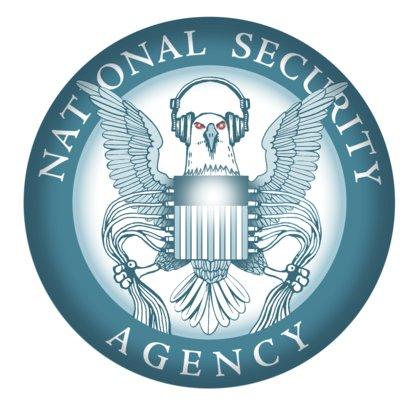I’m glad it’s being said:
The Bush administration’s distortion, for political purposes, of the Democratic position on warrantless surveillance is loathsome. Despite the best efforts of Karl Rove, the White House deputy chief of staff, and Ken Mehlman, the Republican National Committee chairman, to make it seem otherwise, Democrats are not opposed to vigorous, effective surveillance that could uncover terrorist activity. Nor are the concerns that they are expressing unique to their party. Republican Sens. John McCain (Ariz.), Arlen Specter (Pa.), Chuck Hagel (Neb.), Lindsey O. Graham (S.C.) and Sam Brownback (Kan.) have expressed legal doubts about the surveillance program. Do they, too, have a "pre-9/11 worldview," as Mr. Rove said of the Democrats?
Believing there should be constraints on unchecked executive power is not the same as being weak-kneed about the war against terrorism. Critics are suggesting that President Bush should have gone through normal procedures for conducting such surveillance or asked Congress to provide clear legal authority for the National Security Agency activity. They are not contending that such surveillance shouldn’t be conducted at all.
No leading Democrat has argued for barring this kind of potentially useful technique. But you wouldn’t know that to listen to the GOP spin.
That’s 10o% correct. The issue is NOT "Should we be eavesdropping on suspected terrorists calls inside the United States"? That’s a no-brainer. The answer is, "Of COURSE we should".
The issue is the circumvention of laws designed to prevent abuses of civil liberties. The FISA law does very little to block intelligence efforts and makes it very easy to do, legally, what we all agree should be done. And even if FISA had some imperfections or posed unrealistic barriers to intelligence-gathering, it could always be amended. As Glenn Greenwald has pointed out this week, Congress was falling all over itself to do so, and the Administration refused.
There can be only one reason why the Bush Administration went outside FISA, and that’s because it knew it was doing something that offended civil liberties, like (I suspect) eavesdropping on people who weren’t terrorist suspects.

